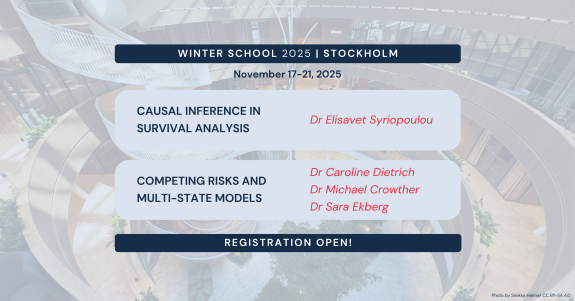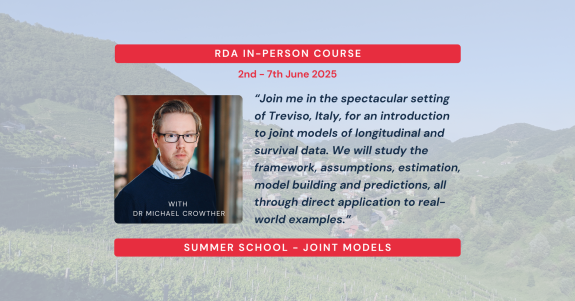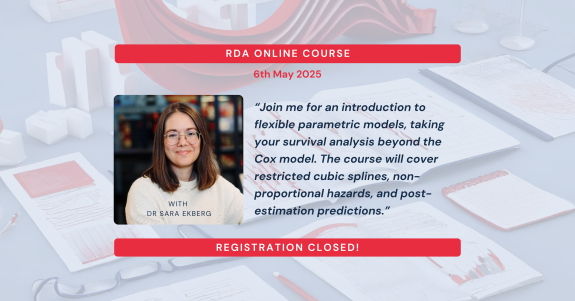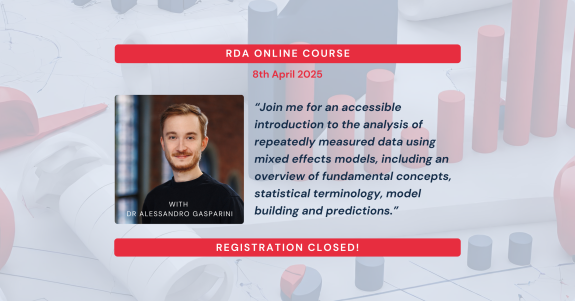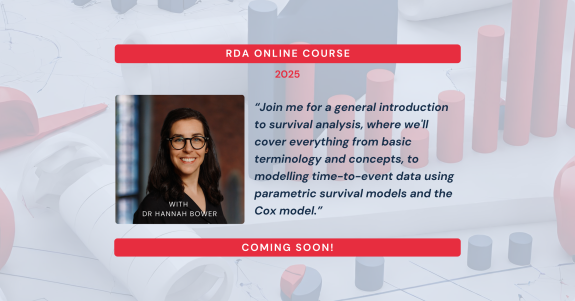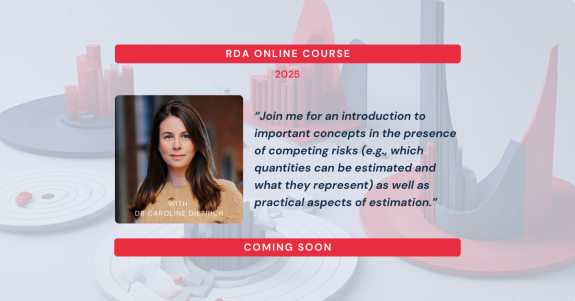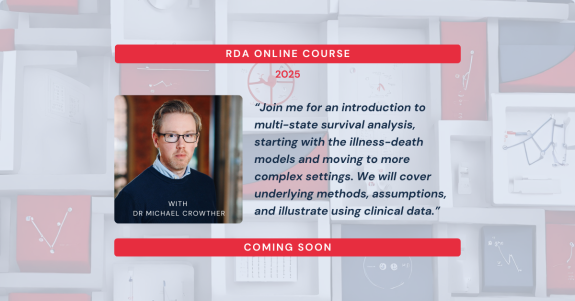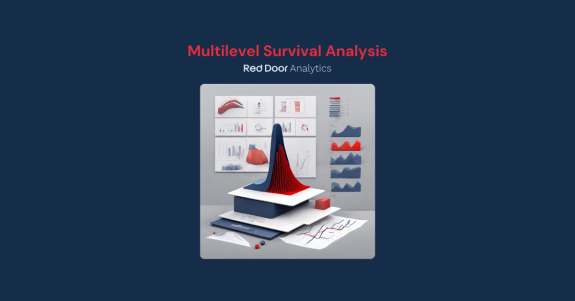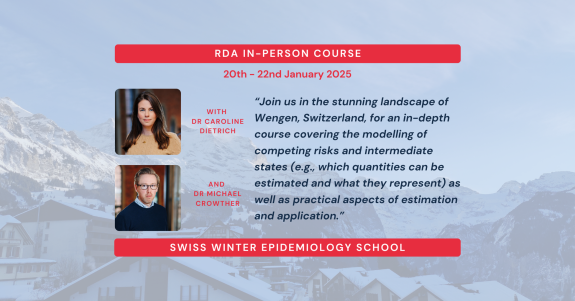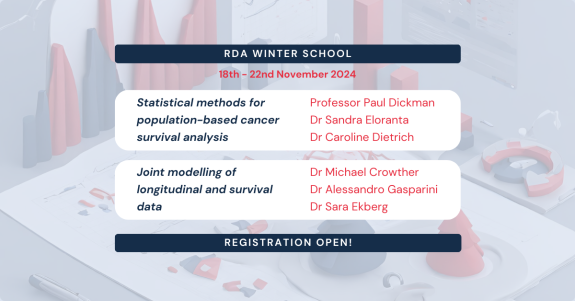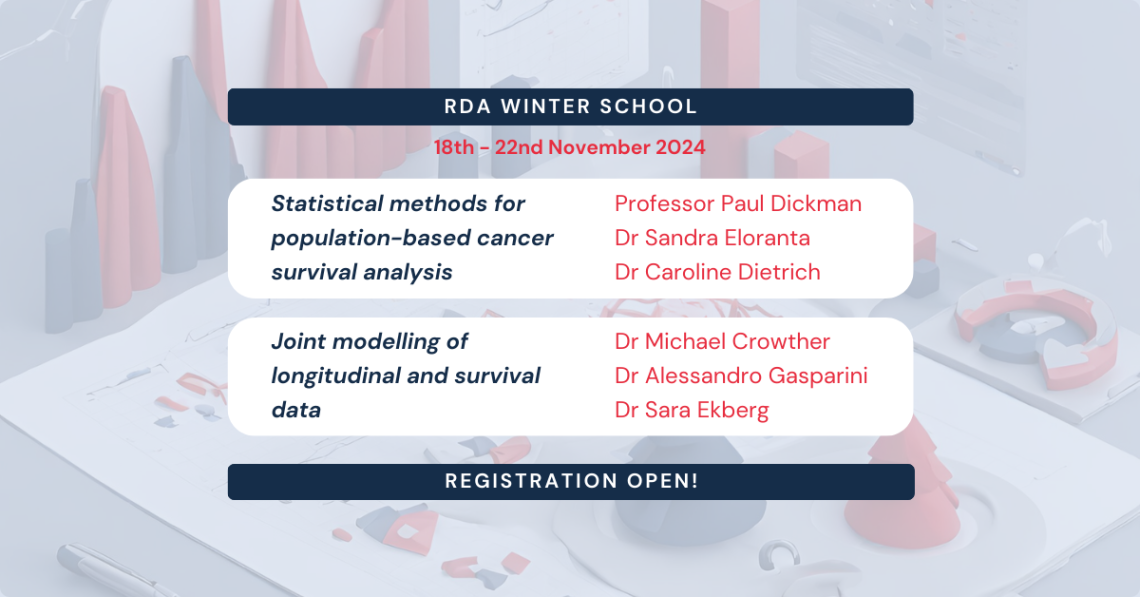
When
The second edition of the RDA Winter School is confirmed to run on the 18th – 22nd November 2024!
Where
Elite Palace Hotel
Sankt Eriksgatan 115
Stockholm 113 43
Sweden
Course 1: Statistical methods for population-based cancer survival analysis
Monday 18th November 2024 – Wednesday 20th November 2024
Registration 08.30am (18th November)
Course 9am – 5pm
Faculty
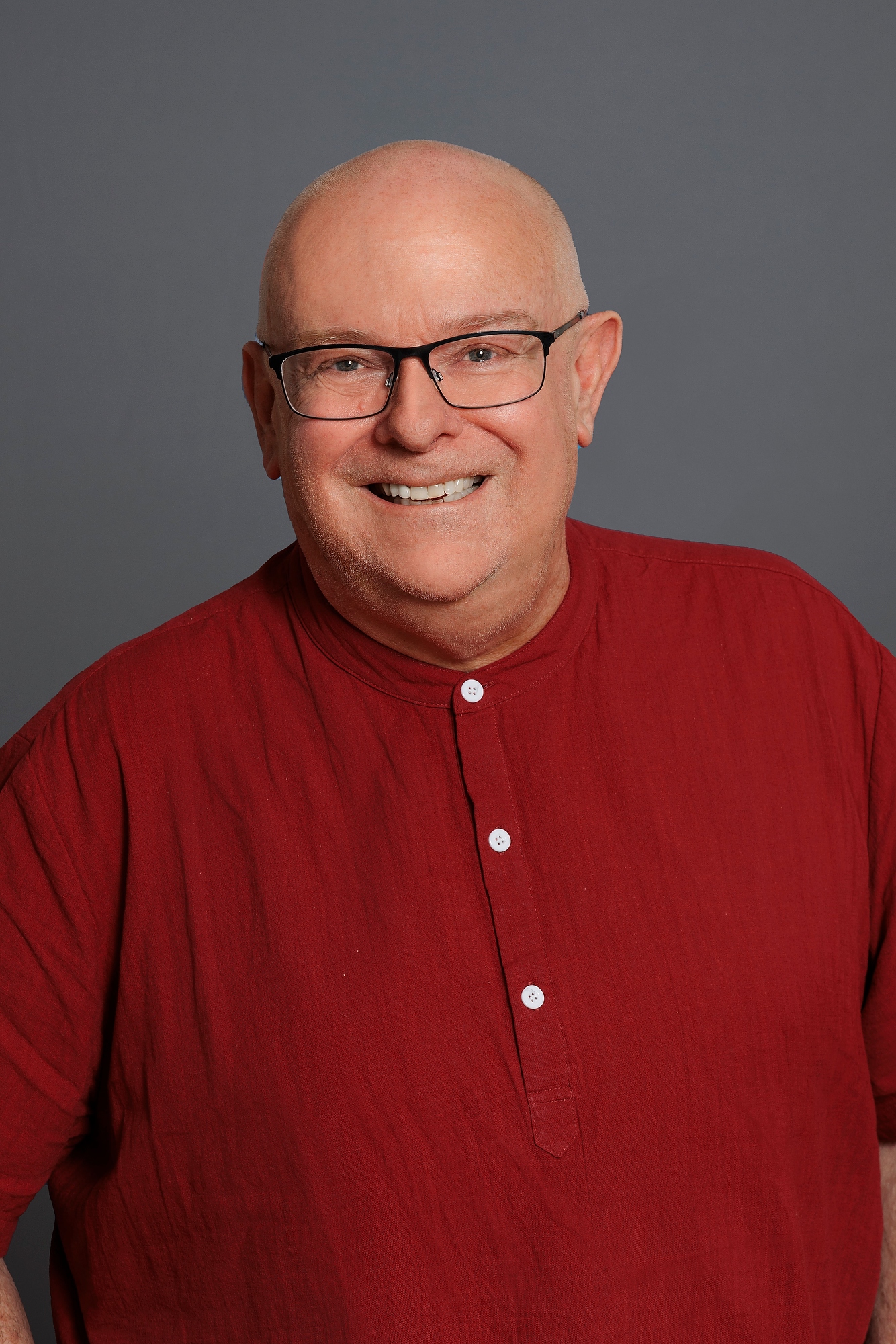 |
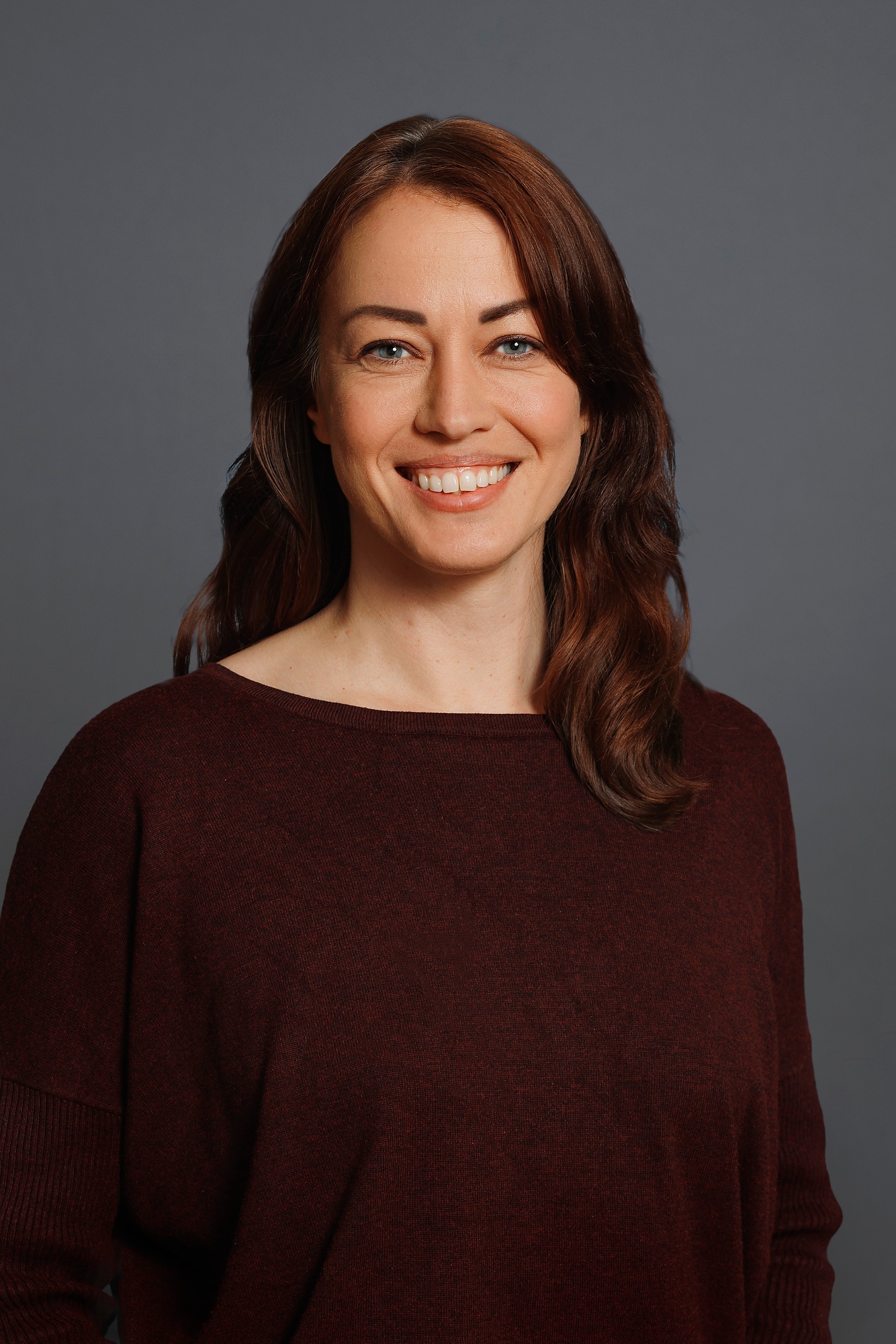 |
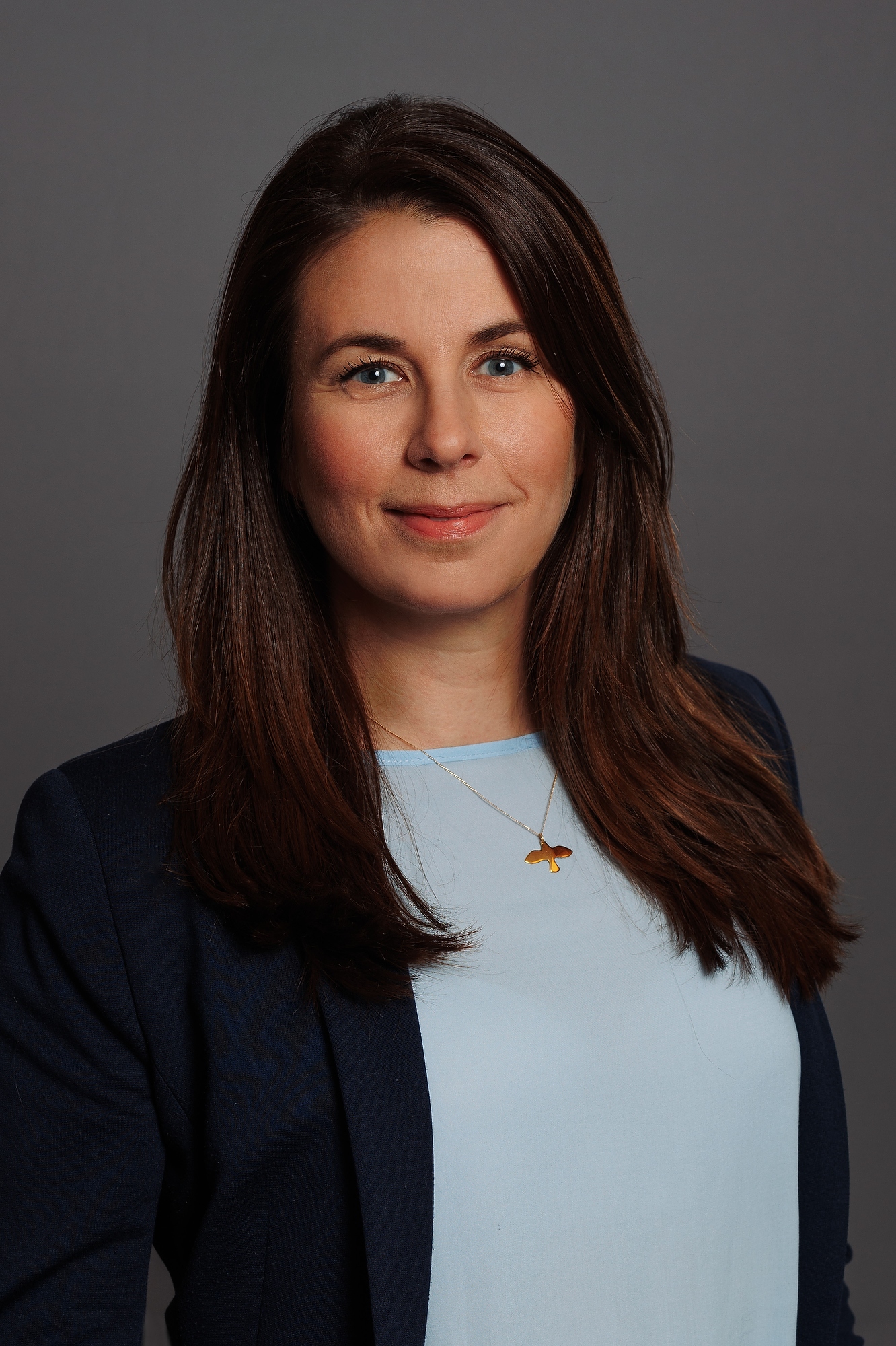 |
| Professor Paul Dickman | Dr Sandra Eloranta | Dr Caroline Dietrich |
This 3-day course will provide an overview of principles, methods, and applications for studies of cancer patient survival based on data collected by population-based cancer registries.
Day 1: Overview of ‘population-based cancer survival analysis’; what makes it special compared to other applications of survival analysis? Introduction to the concepts of competing risks, net survival, cause-specific survival, relative survival and excess mortality. Relative merits of cause-specific survival and relative survival for population-based cancer registry data. Non-parametric estimation of net survival (with focus on the Pohar Perme estimator).
Day 2: General introduction to flexible parametric (Royston-Parmar) survival models and their application to modelling cause-specific mortality and excess mortality. Focus will be on the relative merits of flexible parametric models compared to Cox models.
Day 3: An overview of common methods used in the analysis of population-based cancer patient survival, with focus on methods in a relative survival framework. There will be a heavy focus on applications and extensions of flexible parametric models. Topics will include loss in expectation of life, regression standardisation, and a selection of topics mentioned by participants in the course application.
What to expect
The course faculty have experience both developing statistical methods and applied clinical research. We expect the participants to have heterogeneous backgrounds (including statisticians, epidemiologists, and clinicians) and to have considerable knowledge and experience to complement that of the faculty. We hope, for example, to have participants with experience from working in cancer registries and participants with clinical experience. The course will include lectures on key topics, which we hope will be of interest to all participants. Our aim is for the teaching to be participant-centered, and we will devote considerable time to practical sessions where a large faculty will be on hand to provide individual (or small-group) instruction in the areas of specific interest to participants. We have prepared exercises on general concepts, but we also have exercises on specific topics (that will not be covered in lectures) that can be used as a basis for discussion for interested participants. We ask that participants state their areas of interest on the course application form, and we will do our best to provide tailored instruction with a suitably qualified faculty member. Participants interested in, for example, estimated loss in expectation of life will find that we will first ask you to complete a practical exercise based on our sample data, where we provided solutions, before then applying the methods to your own data. We are happy to discuss your ongoing research projects with you during the course, whether they be development of methods or application of methods. Bring your data with you if you can!
Computing
The primary software for the course will be Stata, with support for Stata version 17 or higher. A temporary Stata license can be provided on request when you register. R code is available for many of our exercises, and faculty who are expert in R can be provided. Please state your chosen software in the course registration so we can prepare. We are happy to discuss concepts and methods with participants who use other software, but we can’t promise software-specific expertise.
Who should attend?
Epidemiologists, statisticians, physicians, public health specialists or anyone with an interest in methods for studying cancer patient survival. The course is focussed on analysis of data collected by population-based cancer registries, but we welcome participants with interests in other areas. The methods we teach (e.g., competing risks, modelling (especially flexible parametric modelling), regression standardisation etc.) can be applied to any area. The course faculty have their formal training in mathematics and statistics but devote a large proportion of their time to applied clinical research. The primary target audience is researchers, irrespective of background, who are conducting studies of cancer patient survival or interested in interpreting such studies.
Expected prior knowledge
We expect participants to possess basic knowledge of the fundamentals of epidemiology and biostatistics and be comfortable fitting statistical models in epidemiology (e.g., logistic regression, Poisson regression, or Cox regression). Based on experience, we know that participants will have a wide range of backgrounds. Some of the content will be directed at those with formal training in statistics, but the main emphasis of the course will be on concepts and application with a minimum of complex mathematical detail. Participants will gain most if they have some previous knowledge of basic concepts in survival analysis such as survival functions, Kaplan-Meier curves, and Cox regression.
Course 2: Joint modelling of longitudinal and survival data
Thursday 21st November 2024 – Friday 22nd November 2024
Registration 08.30am (21st November)
Course 9am – 5pm
Faculty
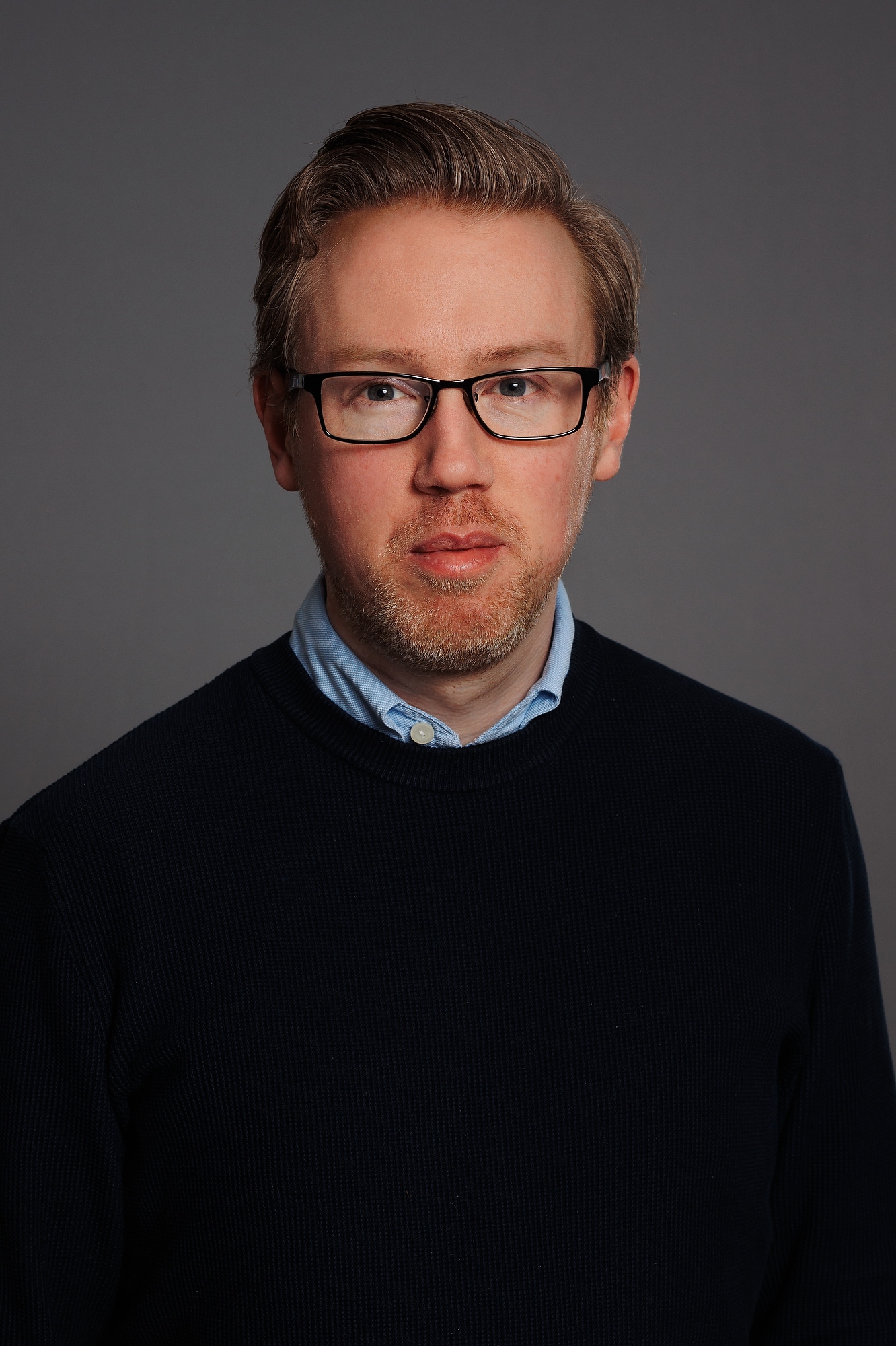 |
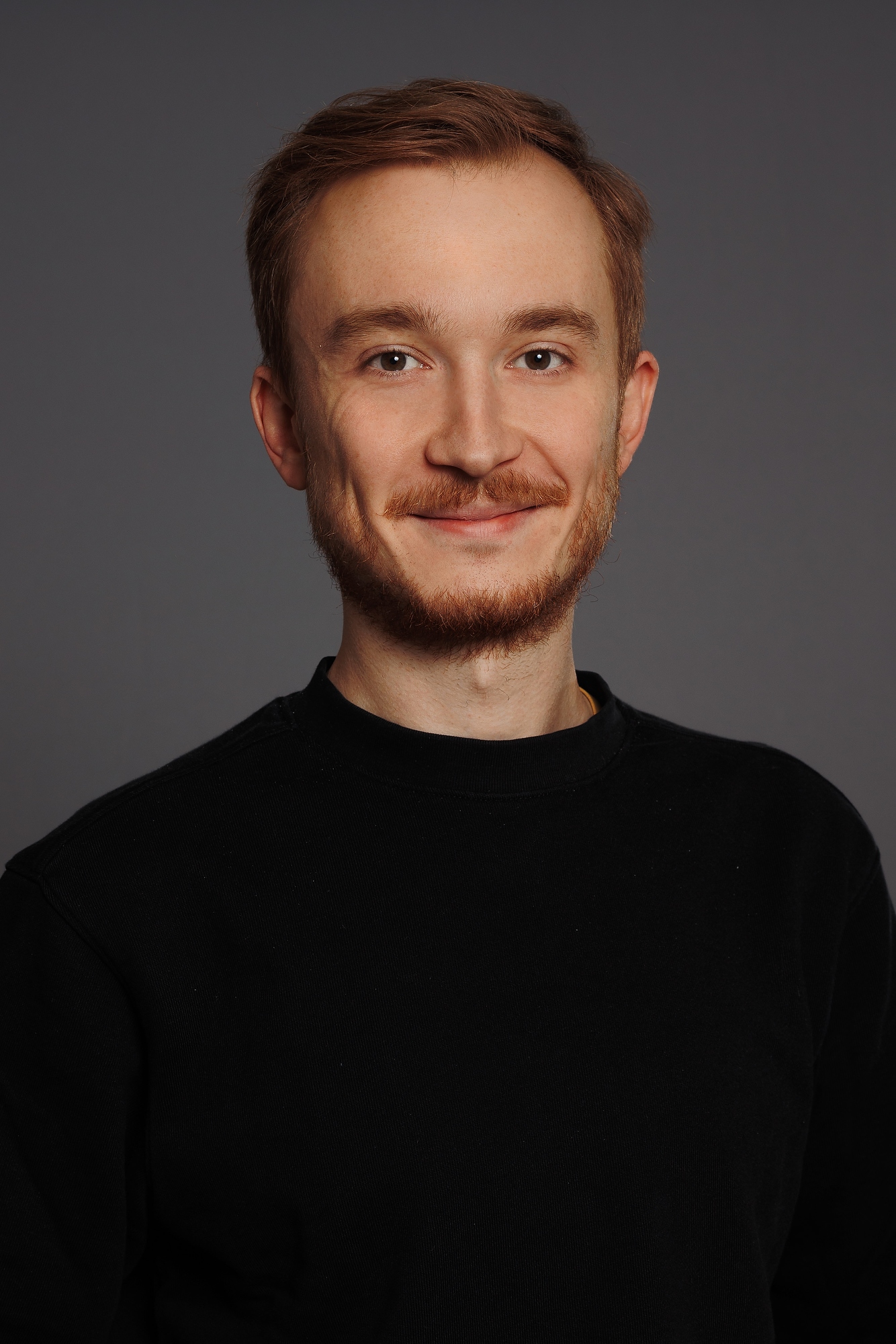 |
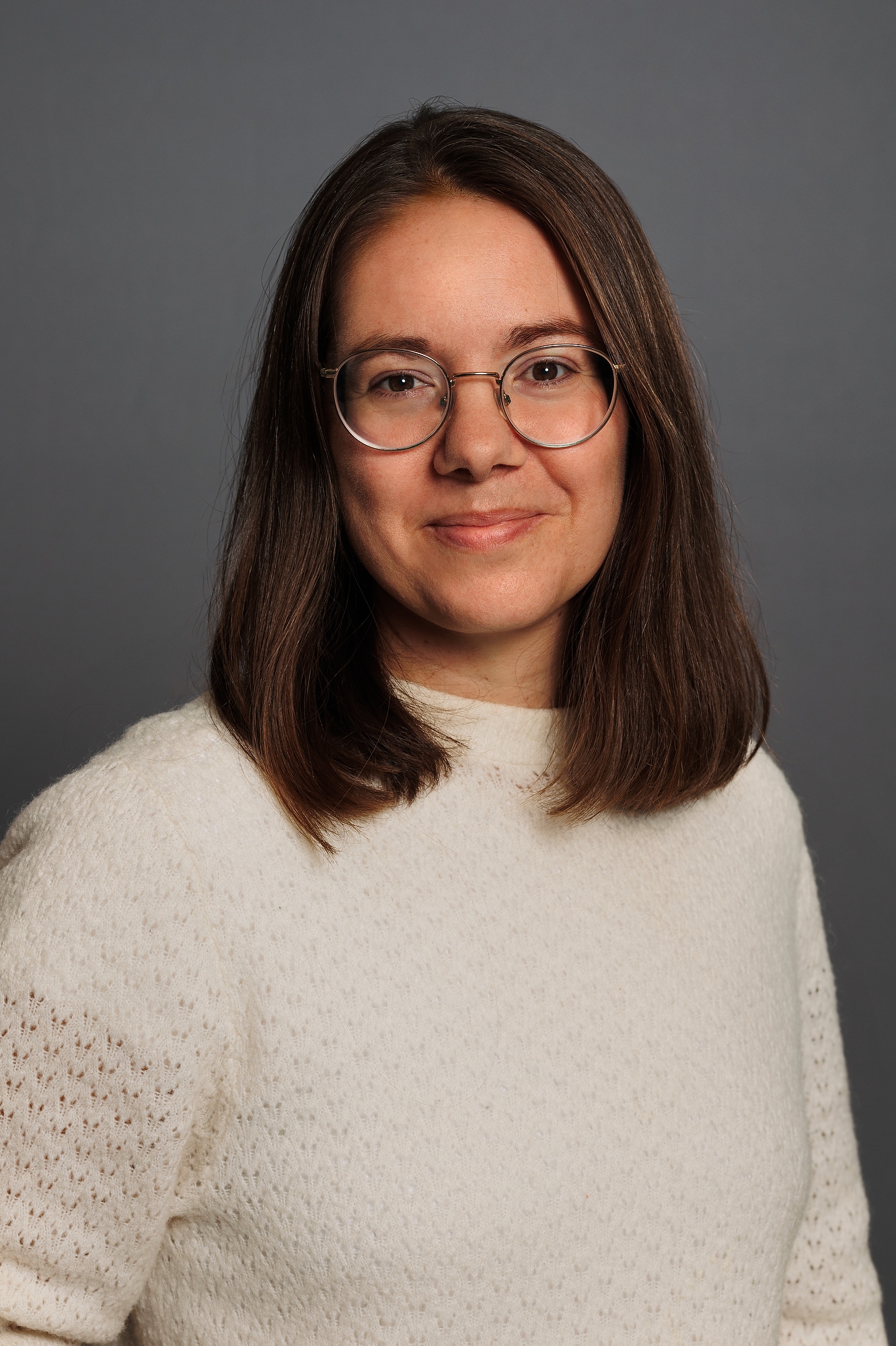 |
| Dr Michael Crowther | Dr Alessandro Gasparini | Dr Sara Ekberg |
This 2-day course will provide an overview of principles, methods, and applications for jointly modelling a longitudinal outcome, such as repeatedly measured blood pressure, together with a time-to-event outcome, such as all-cause mortality.
Day 1: Overview of how to accommodate a continuous time-varying covariate within survival analysis and what special features must be considered. Introduction to two-stage and full joint models including the methodological framework, underlying assumptions, estimation, model building and predictions.
Day 2: Topics will include dynamic predictions, model evaluation, and advanced extensions such as incorporating multiple longitudinal outcomes and competing risks.
What to expect
The course faculty have experience both developing statistical methods and applied clinical research. We expect the participants to have heterogeneous backgrounds (including statisticians, epidemiologists, and clinicians) and to have considerable knowledge and experience to complement that of the faculty. The course will include lectures on key topics, which we hope will be of interest to all participants. Our aim is for the teaching to be participant-centered, and we will devote considerable time to practical sessions where a large faculty will be on hand to provide individual (or small-group) instruction in the areas of specific interest to participants. We ask that participants state their areas of interest on the course application form, and we will do our best to provide tailored instruction with a suitably qualified faculty member. We are happy to discuss your ongoing research projects with you during the course, whether they be development of methods or application of methods. Bring your data with you if you can!
Computing
The primary software for the course will be Stata, with support for Stata version 17 or higher. A temporary Stata license can be provided on request when you register. Participants are welcome to use R instead, with full support and materials available. Please state your chosen software in the course registration so we can prepare. We are happy to discuss concepts and methods with participants who use other software, but we can’t promise software-specific expertise.
Who should attend?
Epidemiologists, statisticians, physicians, public health specialists or anyone with an interest in advanced survival analysis. The methods we teach can be applied to any area. The course faculty have their formal training in mathematics and statistics but devote a large proportion of their time to applied clinical research. The primary target audience is researchers, irrespective of background.
Expected prior knowledge
We expect participants to possess basic knowledge of the fundamentals of epidemiology and biostatistics and be comfortable fitting statistical models in epidemiology (e.g., logistic regression, Poisson regression, or Cox regression). Based on experience, we know that participants will have a wide range of backgrounds. Some of the content will be directed at those with formal training in statistics, but the main emphasis of the course will be on concepts and application with a minimum of complex mathematical detail. Participants will gain most if they have some previous knowledge of basic concepts in survival analysis such as survival functions, Kaplan-Meier curves, and Cox regression, and are familiar with longitudinal analysis using mixed effects models.
Register your place
Registration closed! Reach out to us at [email protected] to enquire about future courses.
FAQs
What is the School fee?
| Early Bird (before June 8th) | Regular (June 8th-) | |
| 3-day course | ||
| Student | 5,950 SEK | 6,600 SEK |
| Academic/Industry | 8,950 SEK | 9,900 SEK |
| 2-day course | ||
| Student | 3,950 SEK | 4,400 SEK |
| Academic/Industry | 5,950 SEK | 6,600 SEK |
| (All fees excluding VAT) | ||
What is included in the School fee?
The School fee include all course materials (digital & printed versions), as well as lunches and coffee breaks, and one scheduled dinner per course.
What happens after I submit a registration request?
Once the registration form has been successfully submitted, you will receive (within a week) an invoice for the School fee. Your place will be provisionally held until full payment has been received, after which you will receive confirmation that your place is secured. Full payment must be received prior to the School.
What should I bring?
Please bring a laptop with administrator rights (so you can install software) for use in the practical sessions.
What software will be used?
The primary software for both courses will be Stata, with support for Stata version 17 or higher. A temporary Stata license can be provided if requested when you register. For the 2-day joint models course, full R support will also be available.
What if I need to cancel?
Cancellation must be done by e-mail at least 4 weeks before the School starts, in which case a full refund will be given. If cancellation is requested 7-28 days before the School, 50% of the fee will be refunded. If cancellation is requested within 7 days of the School starting, no refund will be given. Red Door Analytics AB reserves the right to cancel or postpone any course or School, in which case fees will be refunded in full. In the case of cancellation, Red Door Analytics AB will not be held liable for registrants travel or accommodation costs. Please ensure you have travel insurance for the duration of your trip and the School.
Do I need to include any documentation in my registration?
If you are registering as a student, please email a copy of your student ID or a signed letter from your supervisor confirming your student status (on university letter headed paper), to [email protected]. This must be received before an invoice can be sent.
What payment methods are accepted?
Following submission of the registration form, an invoice will be sent to the specified email address, with payment due within 30 days. Card payments are currently not accepted.
Will I receive a course certificate?
When the course is completed and attendance has been at least 80%, a certificate will be given.
Where should I stay?
Courses will be held at the Elite Palace Hotel. Other recommend hotels are:
Scandic Continental, T-Centralen
Elite Hotel Karolina Tower
How do I get there?
- By air
Arlanda Airport is the closest airport to Stockholm, with international connections to the rest of the world. - From the airport
You can travel from Arlanda airport to Stockholm city using any of the following:
- Flygbussarna bus, takes 40 minutes and stops just outside the Elite Hotel Palace (stop Norra Stationsgatan). One-way trip 129 SEK: https://www.flygbussarna.se/en/arlanda
- Arlanda Express fast train, takes just under 20 minutes to Stockholm C: Round trip ticket 600 SEK, https://www.arlandaexpress.com/
- Taxi (one way to central Stockholm, 750 SEK). We recommend taxi firms “Taxi Stockholm” or “Taxi Kurir”.
- By train
Trains arrive at the Central station, connected to many parts of Europe.
Will sessions be available online?
This is an in-person event only, and sessions will not be recorded.
I need a visa to attend, what do I do?
Participants are responsible for obtaining a visa to Sweden, if necessary. Please contact the course administration ([email protected]) as early as possible, if they require an invitation letter. Please note, full payment must be received before an invitation letter can be sent.
I can’t find the answer to my question, what should I do?
We’d be delighted to hear from you – just send your question to [email protected] and we’ll get back to you as soon as possible.

